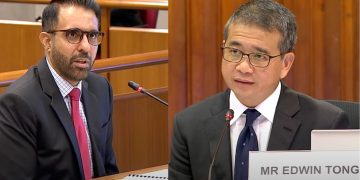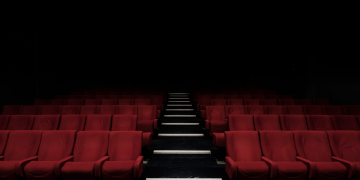Preseason. A word that most footballers dread.
After a well-deserved break from a gruelling season, the mere thought of preseason can evoke excitement to get back out on the field, only to quickly strike fear of the inevitable physical and mental demands the players will have to endure for the next six weeks. On the other end of the whistle, preseason is a word that coaches love to hear.
Preseason is the time when tactics can be developed, camaraderie formed and the foundation for a great season laid. According to fitness coach for Johor Darul Ta’zim Luis Noya, preseason is the “most important stage to work on”.
“It prepares the players physically and mentally and establishes training habits aimed at achieving the best physical condition demanded by the competition,” says coach Noya.
During my career, preseason has been fundamental and a precursor to how my football season was going to go. However, it is not always that simple. A good preseason would equal a high level of performance and an injury-free season, but there is much more to it.
As a former fitness coach for the Singapore national youth setups, Ding Yifei summarises, “The importance is to achieve an optimal level of fitness suitable for the team play to be carried over into the regular season. It’s also to address any musculoskeletal issues before the start of the season.”
The tests, roles and mindsets of preseason
The first few days of preseason are usually the easiest. There are no early wake-up calls, push-ups, or laps around the field. Players meet and new ones will get to know their teammates. The coach introduces themselves, presents their philosophy and sets goals.
Fitness coaches are responsible for individualising training for all players. Former fitness coach for the German club Fortuna Düsseldorf Dirk Schauenberg emphasises the need to “design progress from the beginning to the end of the preseason”, specifically taking the opportunity to focus on team bonding.
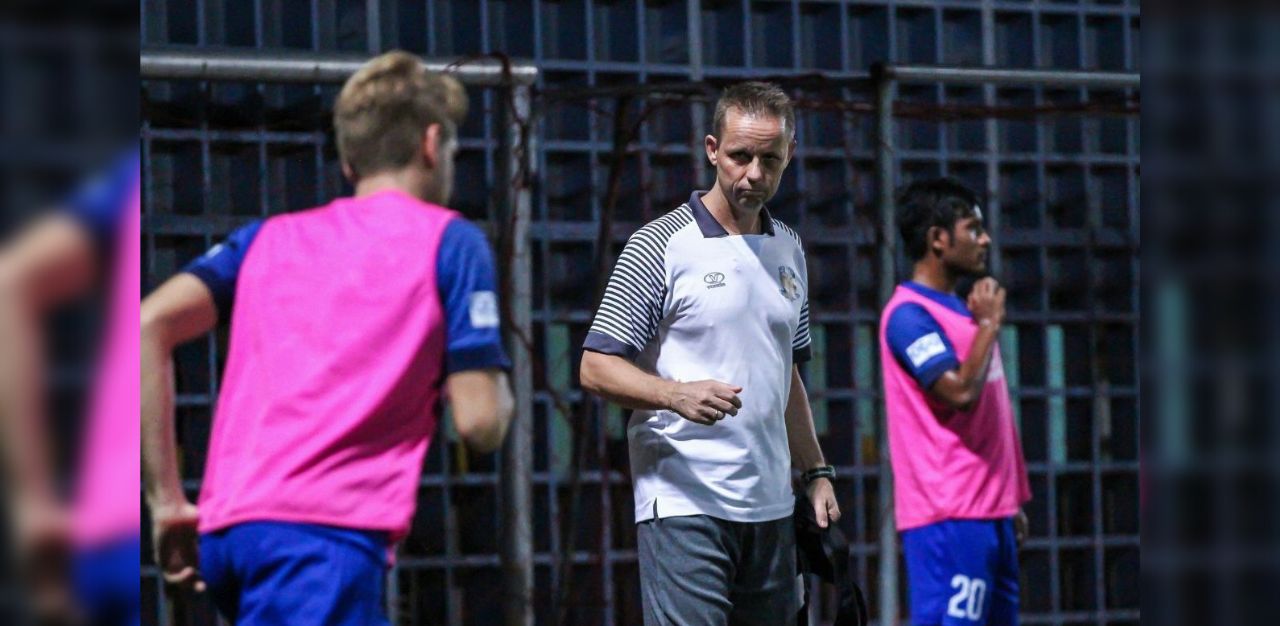
Preseason tests one’s mental and physical strength. My two seasons with Hougang United were particularly demanding, especially since it was my first time training in hot and humid Singapore. Being new to the team and league added extra pressure to perform well. I was physically drained at times but pushed through to prove my worth.
New players also had a point to prove to their new clubs and did not want to seem weak. Younger players must show they are willing to push limits, while veteran players know how to care for themselves.
Preseason risks
With the modern game evolving towards higher intensities and more frequent scheduling, coaches have adapted training loads to avoid pre-season player injuries. Injuries during this period would render the entire process meaningless.
A helpful analogy for thinking about preseason is that of a car that has not been used during winter. Just as you start the engine, let the car warm up, clear snow from the car and driveway and defrost the windows before starting your journey, a footballer needs proper preparation before hitting the field at 100 per cent. Doing otherwise increases the risk of injury.
I experienced this when I signed for Chievo Verona in Italy. I was out of contract with my previous team and had a few options, but none of them was very concrete until Chievo showed interest. I had people negotiating on my behalf at the time because I was still a minor. By the time everything was settled, there were only a few days left in the transfer window.
That summer, I travelled around with my mum while trying to keep fit on my own. When I arrived at the club, I immediately felt off in the first few training sessions. I was not ready compared to the other players, who had spent a few weeks in the Italian Alps for preseason. The official season was starting the following week and I was not an option for the coach because I was not ready.
Later, I learnt that during my transfer, a document still processing from FIFA would not allow me to play in any official games for a few months. This could have been a small blessing in disguise as it would have given me time to train, but with the team playing games every weekend, there were no friendly games and all I could do was train. Besides the mental aspect, which badly affected me physically, I always felt a few steps behind my teammates.
The winter break came swiftly, and I went back home to Singapore for a few weeks. I did a “mini preseason” hoping to come back to Italy in the best condition possible. I did come back on fire, sharp and fit, and slowly began to earn minutes and my place on the team.
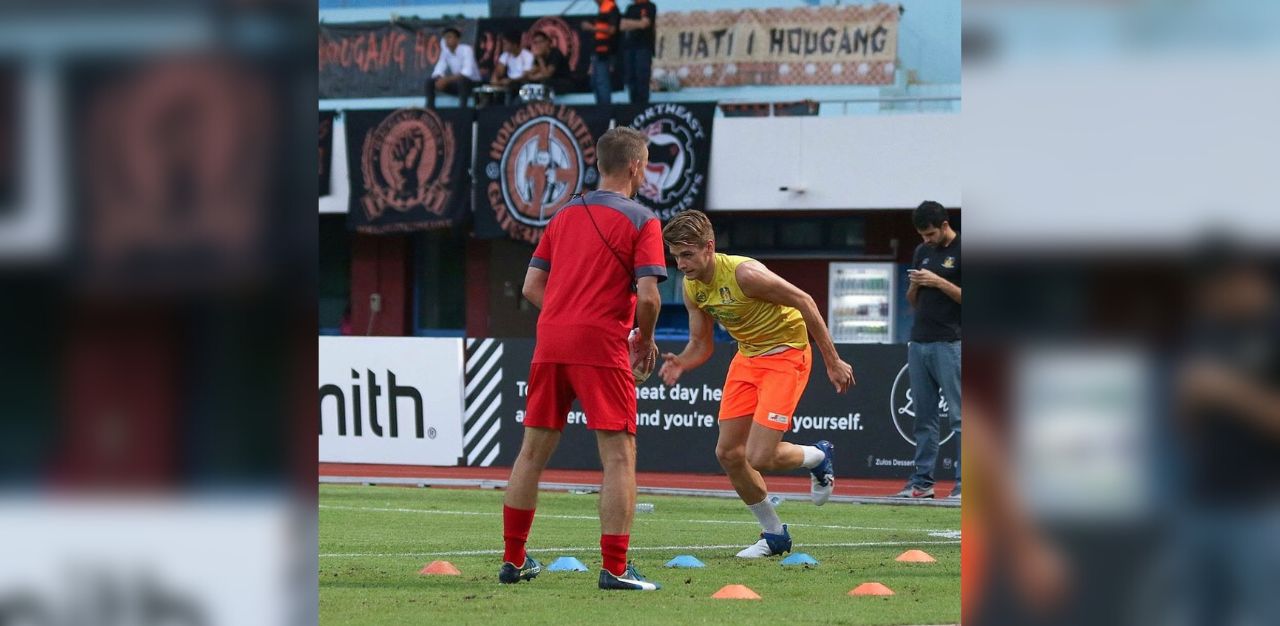
A perfect example of this on the world stage is Cristiano Ronaldo, one of the world’s greatest footballers. He is known for keeping himself in peak condition throughout his career, but in the summer of 2022, he had the desire to leave Manchester United and announced to the club that he would not attend their preseason camp.
Later, in an interview, we learnt that a private family matter was also one of the reasons. However, he missed out on the crucial weeks of preseason and the club’s tour to prepare for the Premier League, the hardest league in the world. He only played 45 minutes in the club’s last preseason game against Rayo Vallecano. When the season began, it was clear that he had lost a step. Yes, age was a factor, and it is never easy playing at the highest level at 37, but as a hard-core CR7 fan, I noticed something different.
That sharpness needed to finish off chances and the burst of speed was just not the same. I am sure Ronaldo had the best physical trainer to accompany him during the summer, but nothing will compare to a preseason with the full squad. The new manager, Erik Ten Haag, was already displeased with Ronaldo’s actions and behaviour during the summer, and his visible lack of form and goal return all led to Ronaldo being released and transferred to Saudi Arabia.
If Cristiano Ronaldo had completed a proper preseason, he would have been fully fit and firing. His Manchester United career would have ended in a much better way, or if not, a transfer to a big European team would still have been on the cards.
Differences in Asia and Europe
Between Singapore and Europe, the principles of preseason are essentially the same, albeit for a few differences.
Schauenberg, who was a fitness coach at Hougang United following his departure from Fortuna Düsseldorf recounts some of the differences “Singapore’s weather conditions are challenging, and there is a heavy emphasis on running without the ball. In Europe, clubs have their own training grounds, which facilitates things, and they do a lot of preseason drills with the ball that corresponds much better to match play.”
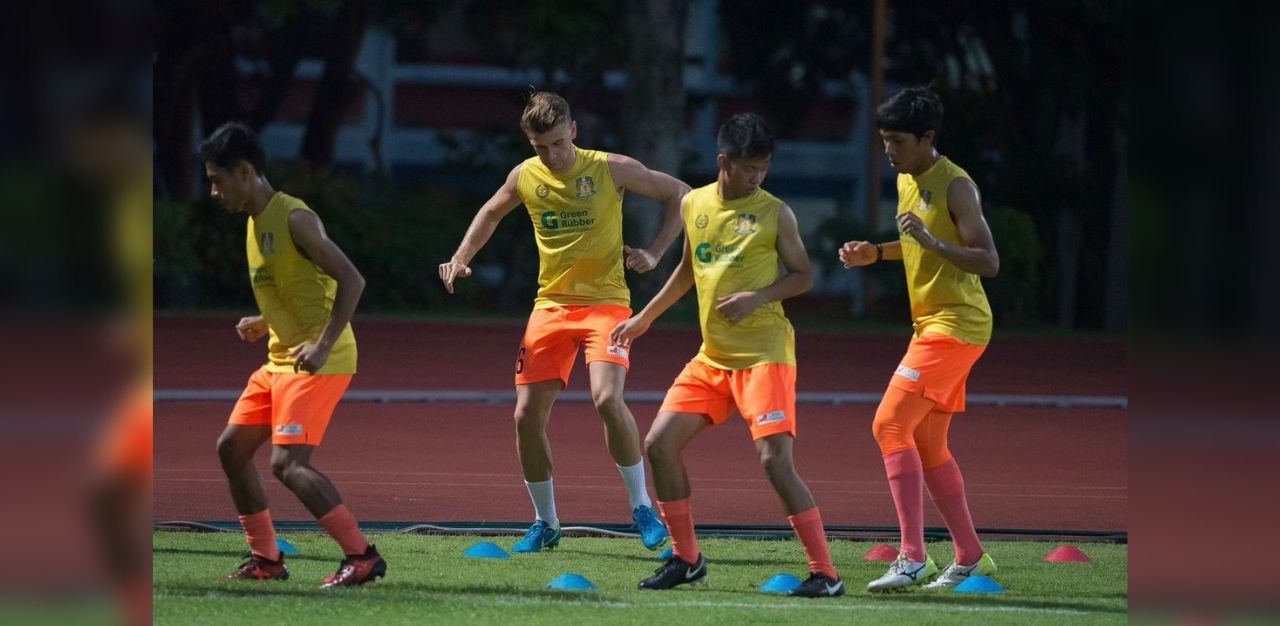
In Singapore, teams typically start their preseason in the country, then travel a few hours to a neighbouring country such as Thailand or Malaysia. This is to play competitive friendly games against slightly better teams while mimicking the conditions that will be played in Singapore.
Most European teams begin their preseason locally and then fly to a warmer climate. In the case of elite teams, they fly to Asia or America for commercial, financial or fan engagement reasons.
“The club has been carrying out preseasons in Dubai periodically. It’s a reality that elite clubs need to compete with top-level opposition. Another aspect to highlight is the change in the environment. Working in another country favours group cohesion among staff and players,” says Johor Darul Ta’zim’s Luis Noya.
Ideally, coaches would prefer that the team remain in one place where they can fully focus on training, getting in the maximum load and proper recovery necessary. However, in modern times, there has been a need to adapt. In the case of Singapore, where teams play year-round in the same stadiums, it’s a nice change to travel and play football in a different country against different opponents. The mental aspect of the players is key; the mind needs refreshing and not burnout before the season has even started.
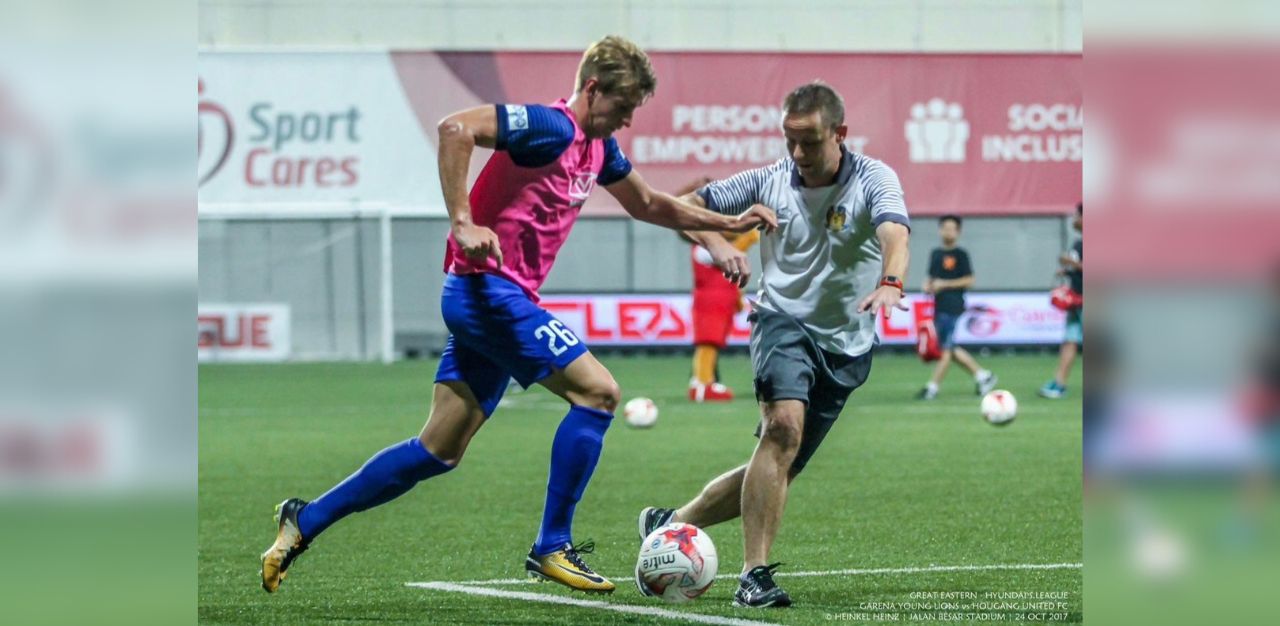
Preseason is essential. There is no debate about it. From my experience, it is very important and whenever I have a good preseason, it has led to a productive season.
Many Singapore Premier League players are reaping the rewards of a well-prepared preseason as the year-long campaign begins. After the tired legs, numerous ice baths, and exhausting runs, I am confident that it will all be worth it, and I wish all of them a successful and injury-free season.
(About the author: Antoine Viterale is an Italian forward who plys his trade in Switzerland at the Swiss Super League with FC Lugano. Building his skills through the youth ranks in Europe at the likes of RCD Espanyol and Chievo Verona, Viterale’s career has led him to experience football in different parts of the world and even a stint in Singapore with Hougang United from 2016 to 2019 where his family still resides.)
RELATED: Young and retired: Why players are leaving professional football in Singapore
Join the conversations on TheHomeGround Asia’s Facebook and Instagram, and get the latest updates via Telegram.





